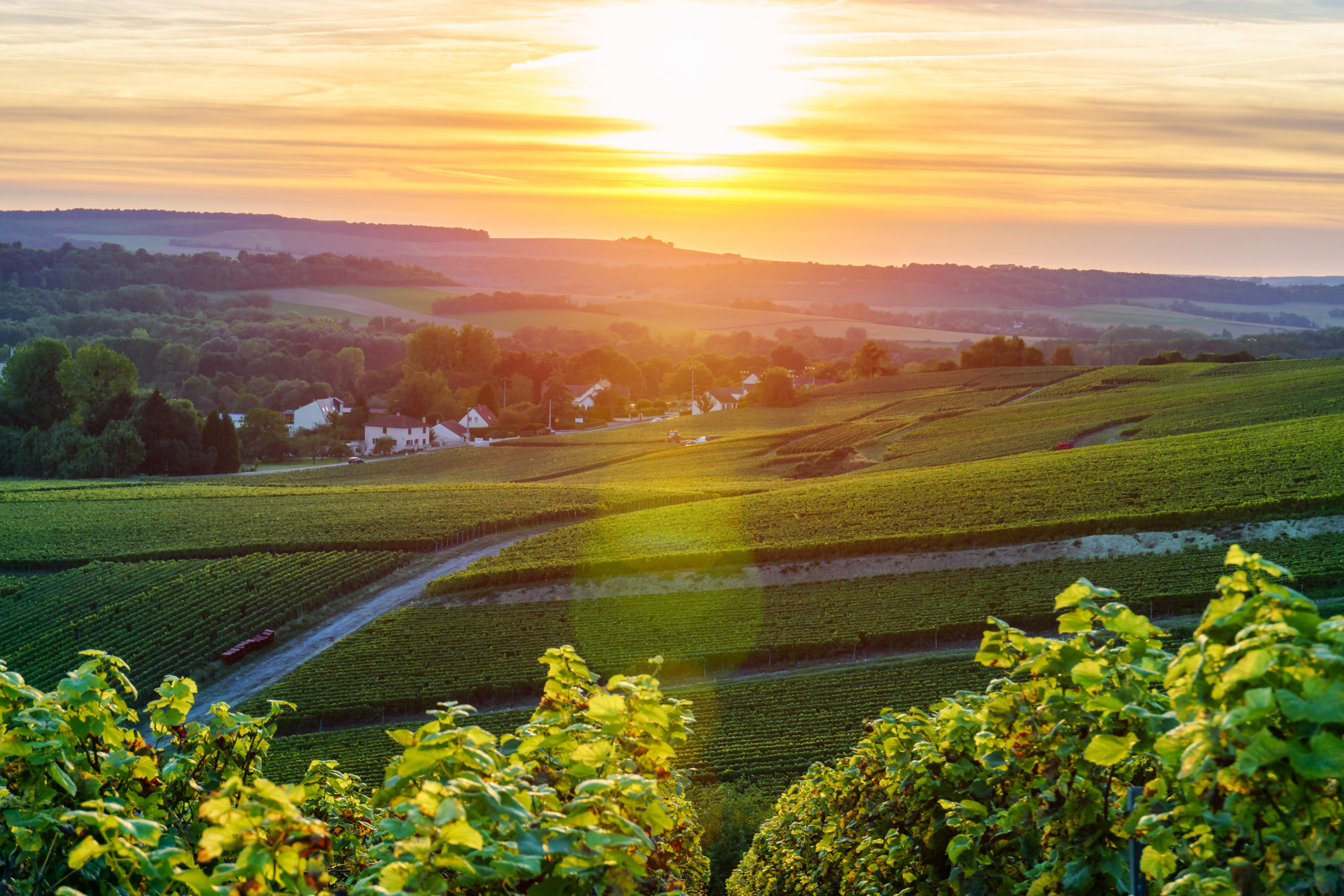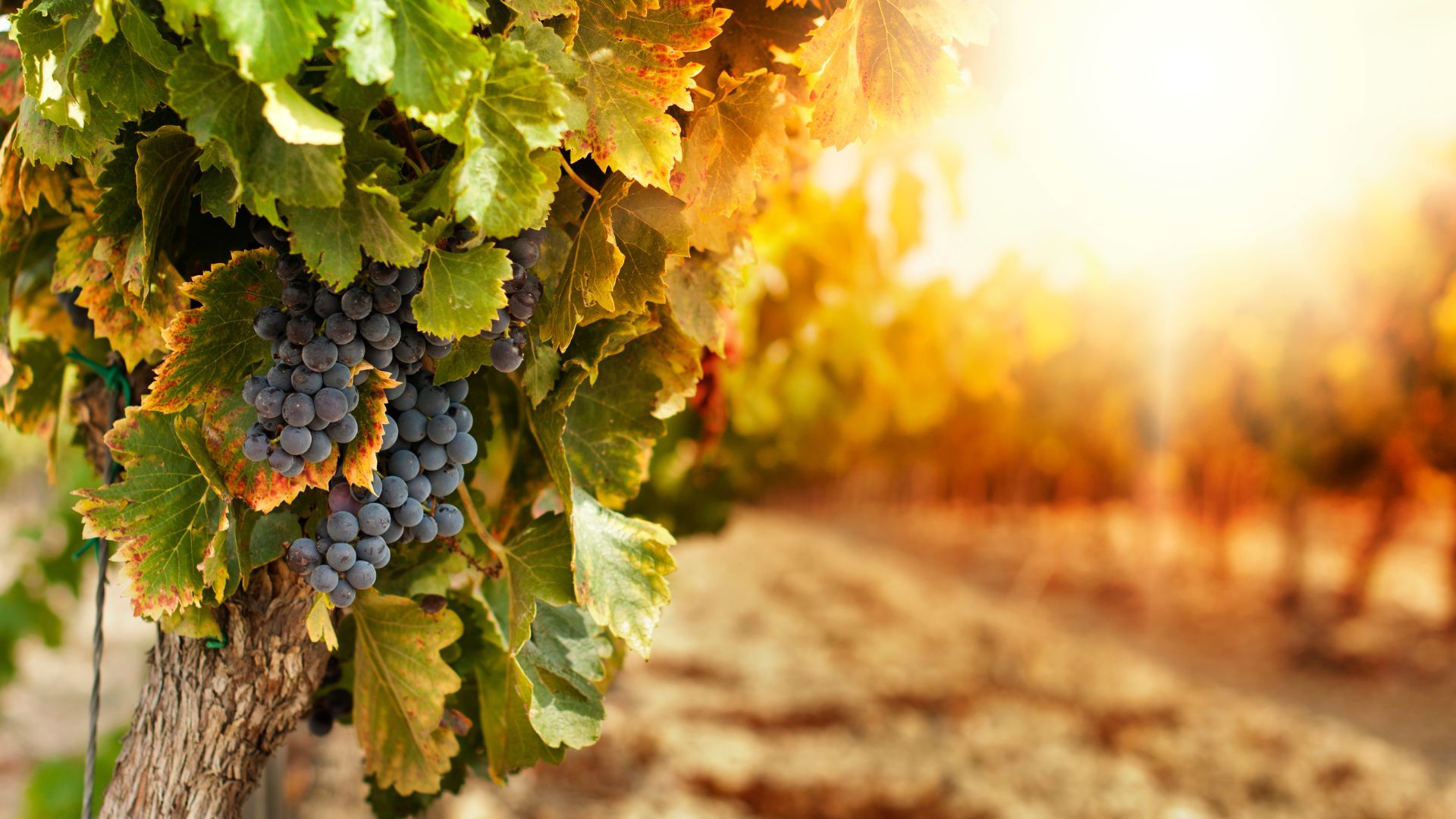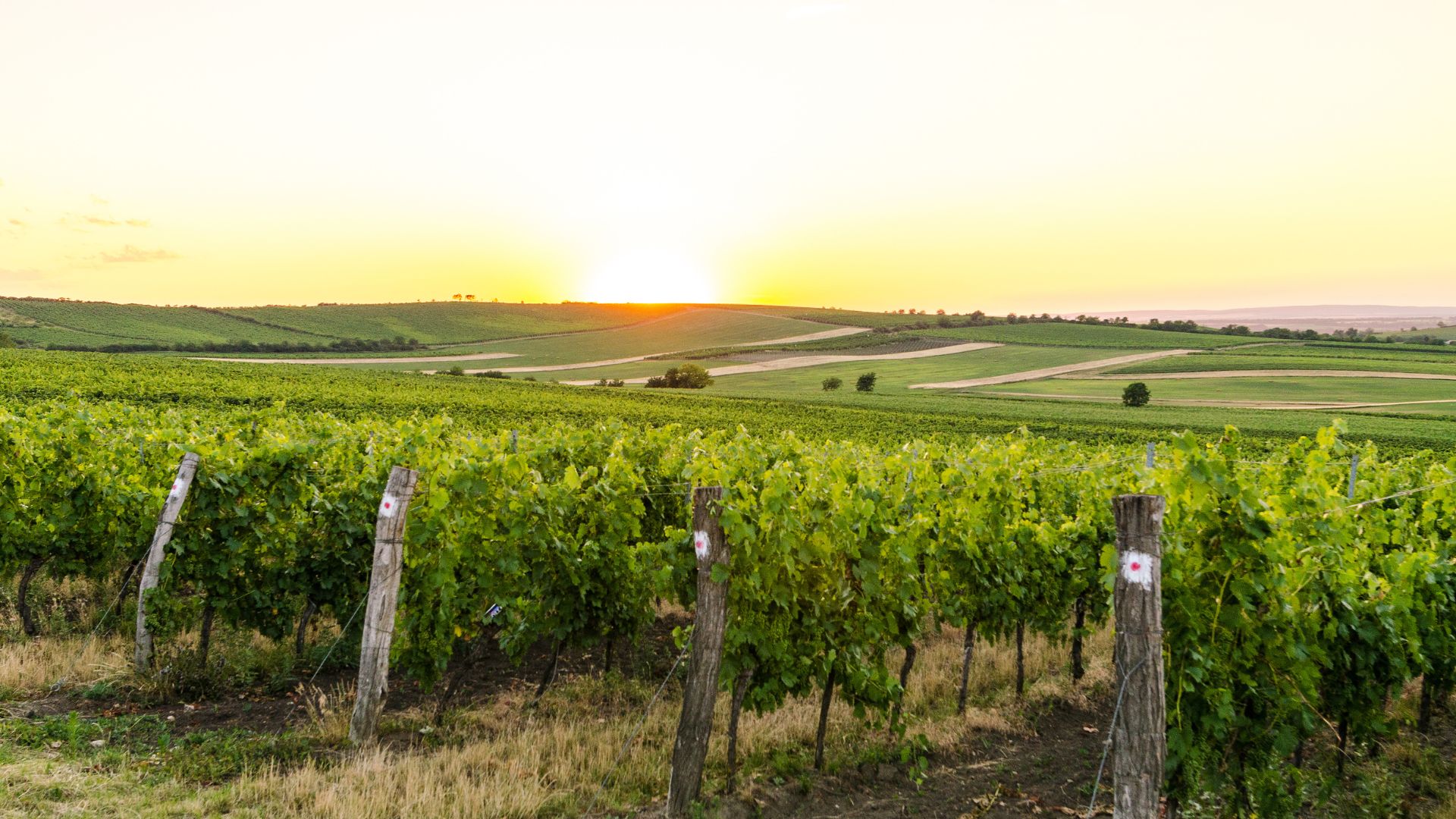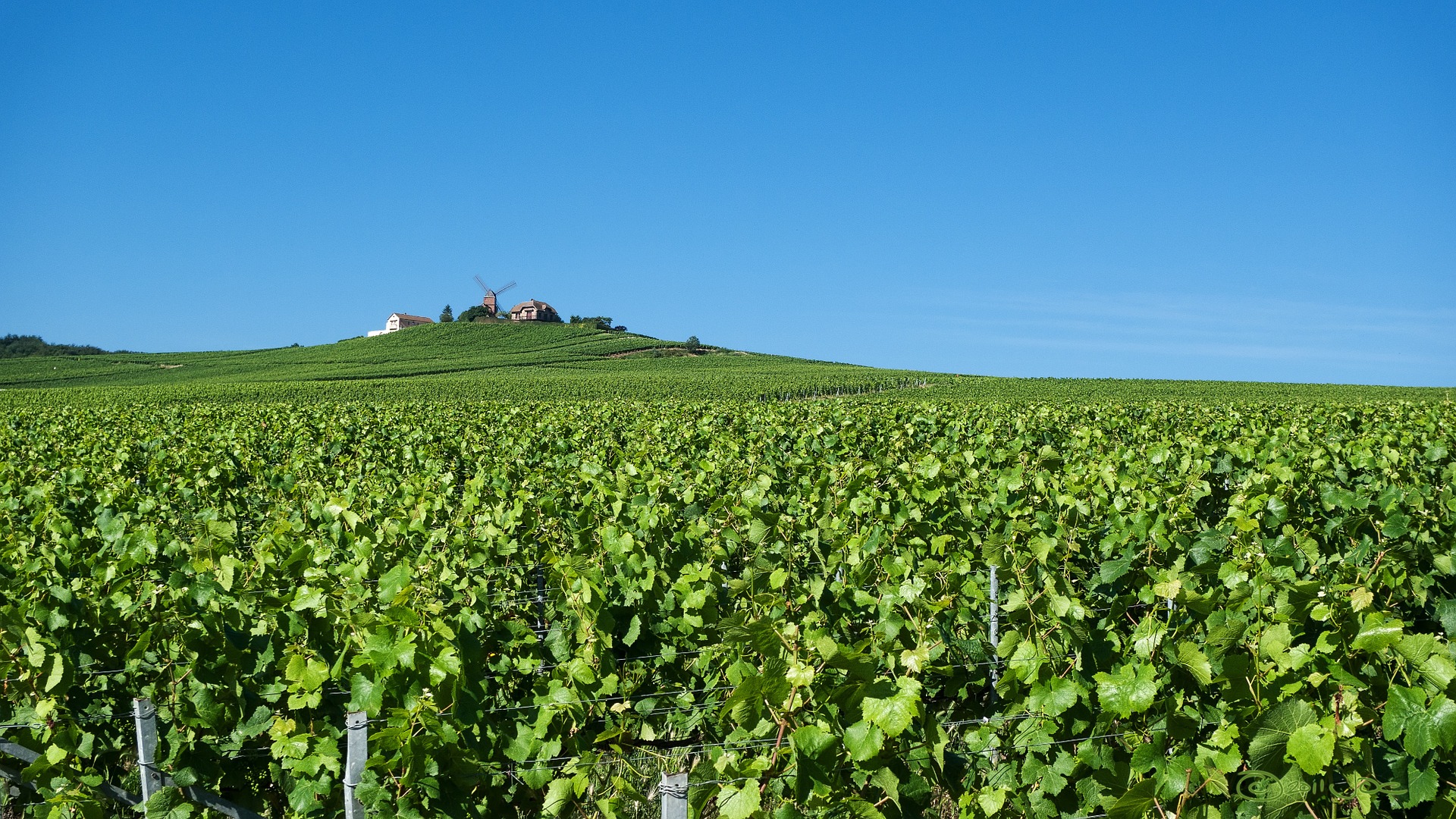
Foncière Champenoise France Valley I
The aim of this vehicle is to acquire vineyard plots in Champagne, occupied by a winegrower. The Foncière’s income is made up of one-third of the grape harvest, which is sold to various players in the wine industry (Champagne houses, cooperatives, etc.). There is a risk of capital loss.
Information requestHeritage

Choice of vines


Why choose Foncière Champenoise France Valley I?
A responsible investment
This investment solution falls under article 9 of the European Union’s SFDR (Sustainable Finance Disclosure Regulation) classification. Foncière Champenoise France Valley I’s wine-growing management is in line with 4 of the 17 Sustainable Development Goals (SDGs). This commitment is reflected as follows: Objective of a percentage of vines certified HVE (High Environmental Value), or VDC (Viticulture Durable en Champagne) or organic. Objective of carrying out operations that enable us to maintain independent, family-run viticulture.
Sustainability information
This financial product, 100% taxonomically aligned, has as its investment strategy the purchase of vineyard land with the sustainable objective of protecting biodiversity and mitigating climate change. The achievement of these objectives will be measured using two sustainability indicators, which will also serve as indicators that this product does not significantly undermine other sustainability factors. These indicators are verified internally by France Valley and audited annually by Novethic.
Performance
The performance of the wine-growing investment is the sum of: the return on grape sales (which is not guaranteed), and the evolution of the value of the shares (upward or downward capitalization), which depends on the evolution of the value of the vines.
Unit liquidity
Liquidity is not guaranteed. It is organized through a subscription/withdrawal mechanism; liquidity depends on share subscription requests registered by the Management Company: shareholders’ requests to sell shares may be offset by new subscriptions.
No guarantee can be given as to the resale period or the sale price. The Management Company also aims (but cannot guarantee) to retain 10% cash to ensure liquidity in the event of a blockage in the subscription/withdrawal market. As a last resort, La Foncière may dispose of winegrowing assets, which is not guaranteed and may take some time. Caution: liquidity is not guaranteed, either in terms of time or price; the sale of shares on the secondary market may prove difficult and require time to find a buyer; the conditions for the sale of shares in terms of price may vary over time.
Taxation
Investing in La Foncière may enable you to benefit from the scheme for the reinvestment of proceeds from the sale of company shares contributed to a holding company (scheme 150-0 B ter of the French General Tax Code).
Your investment is not subject to the IFI (Impôt sur la Fortune Immobilière) tax, provided you hold less than 10% of La Foncière. (In return for a risk of capital loss).
Charges
Investment costs (possible entry fees, subscription fees). There are no exit fees; Recurring management costs, which are deducted from the yield on the SA’s assets; Costs related to the acquisition of winegrowing assets, which are capitalized in the value of the SA’s shares.
Risks
Winegrowing investments are exposed to weather risks (hail, frost, lack of sunshine, drought, etc.) and phytosanitary risks (mildew, court-noué, esca, etc.), which can affect the harvest and the value of the vines. In addition, winegrowing investments offer no guarantee of performance, the value of the capital invested or the liquidity of the shares, in terms of both resale times and value. For a wine-growing investment to perform well, it is advisable to hold the shares for at least 10 years.
